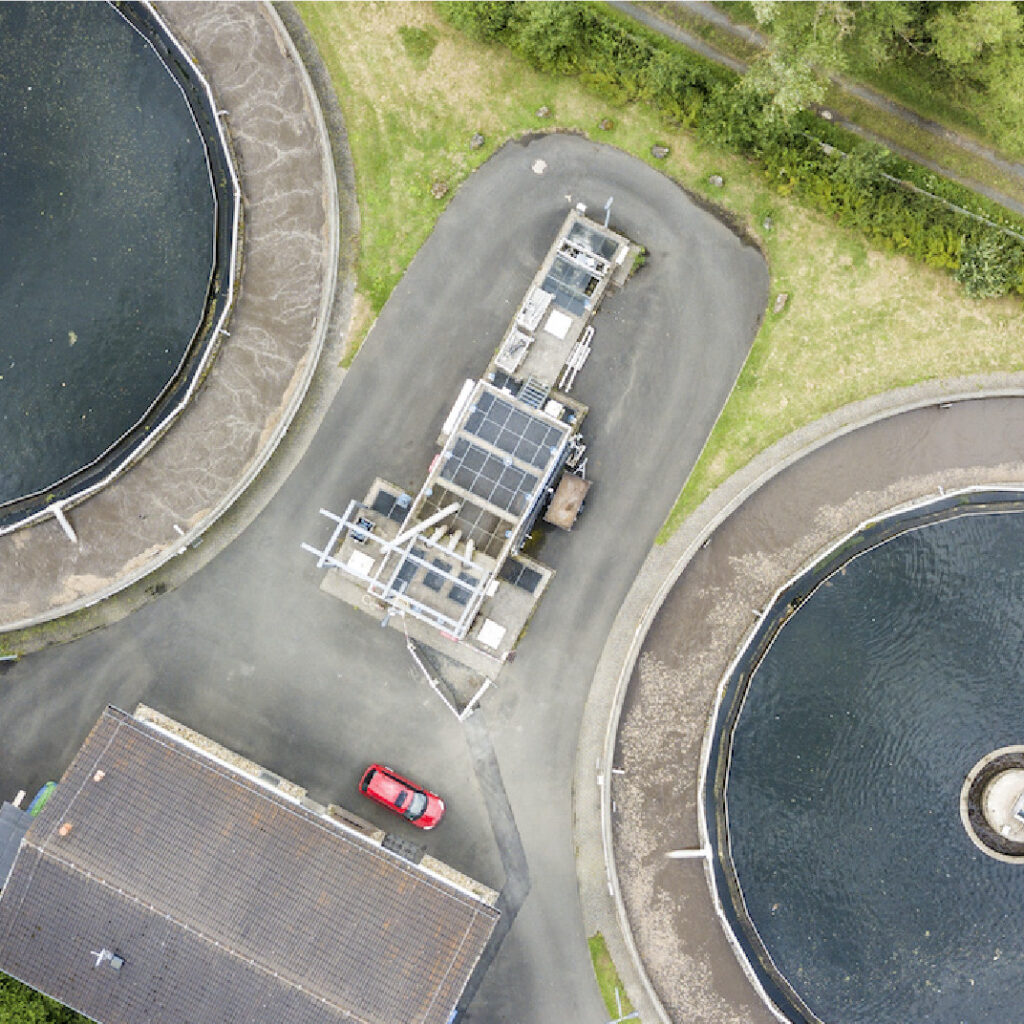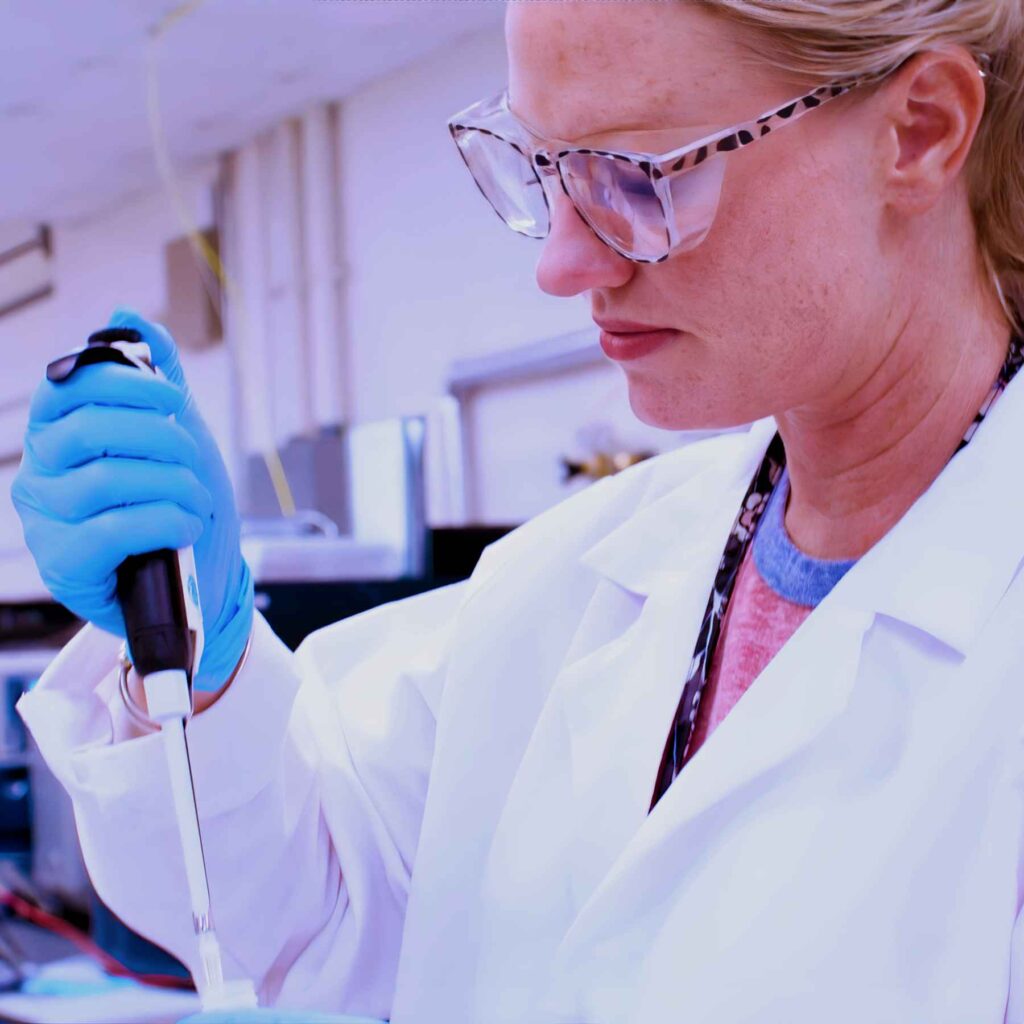CASE STUDY
From Challenge to Solution: Enthalpy Protects Community Drinking Water Supply
Opportunity
In November of 2023, Total Environmental Concepts, on behalf of the Virginia Department of Environmental Quality, engaged Enthalpy Analytical to address urgent bottle requests for sampling following a suspected petroleum leak.
Challenge
The project required testing of 113 samples over approximately three months, with results needed on either a 3-day or 5-day turn-around time (TAT).
This accelerated schedule demanded, which is a significant departure from the typical 10-day TAT most laboratories provide, posed challenges for timely analysis without compromising accuracy or disrupting other workflows.
To meet the client’s urgent needs, the project required seamless coordination, including rapid fulfillment of bottle requests and prioritization of sample intake upon arrival at the lab. With regulatory reporting deadlines looming, delivering high-quality results quickly was essential for the client to act swiftly. These requirements underscored the need for a laboratory with a proven track record in meeting rush TATs—something many labs struggle to achieve within even a standard 10-day window.
Solution
When Total Environmental Concepts requested sample containers on short notice, we immediately rearranged staff to fulfill the order within hours. Our sample receiving team prioritized the samples to expedite their return to the lab, where we reallocated resources to meet the client’s needs without disrupting other production. Enthalpy prides itself on a 99.5% on-time delivery rate, with over 50% of results arriving early, making us a trusted partner for rush TAT projects. We delivered results promptly, enabling the client to report to the Virginia Department of Environmental Quality and take swift action.
Based on our findings, which identified methyl tert-butyl ether (MTBE) in the drinking water, the client informed the community and implemented carbon filtration systems to protect residents. Although MTBE is not classified as a carcinogen, it carries a health advisory due to unknown long-term effects. By February 2024, the Virginia Department of Environmental Quality had removed three leaking underground storage tanks and over 100 tons of petroleum-contaminated soil, mitigating further risk to the water supply.
Project Leaders
Ginny Thrasher, Senior Project Manager
Jami Harris, Sample Receiving Group Leader
Tiffanie Pirault, Project Manager






